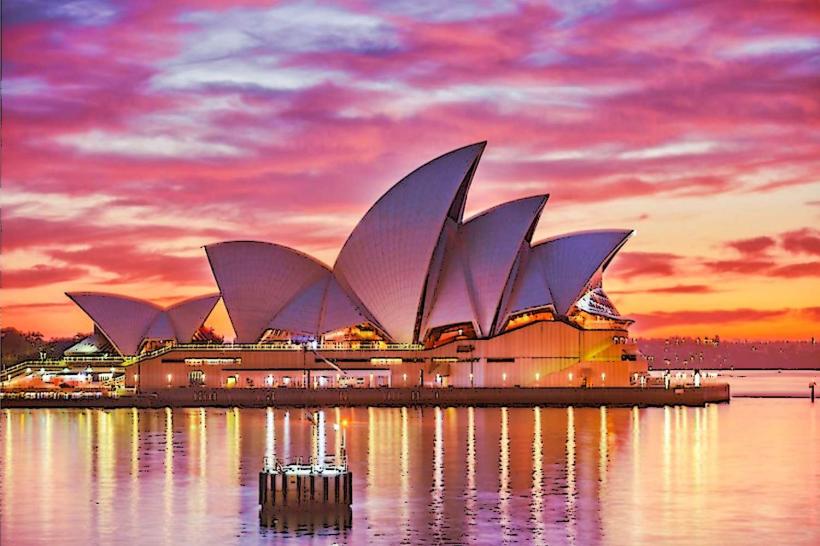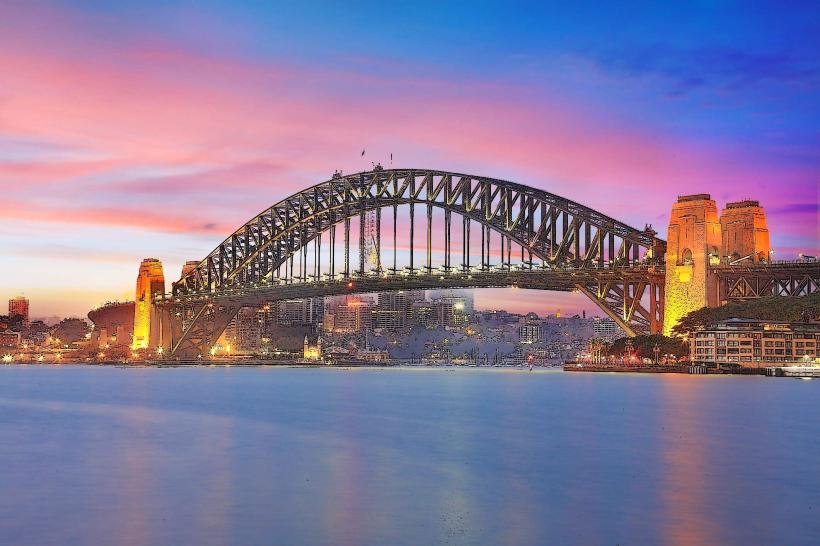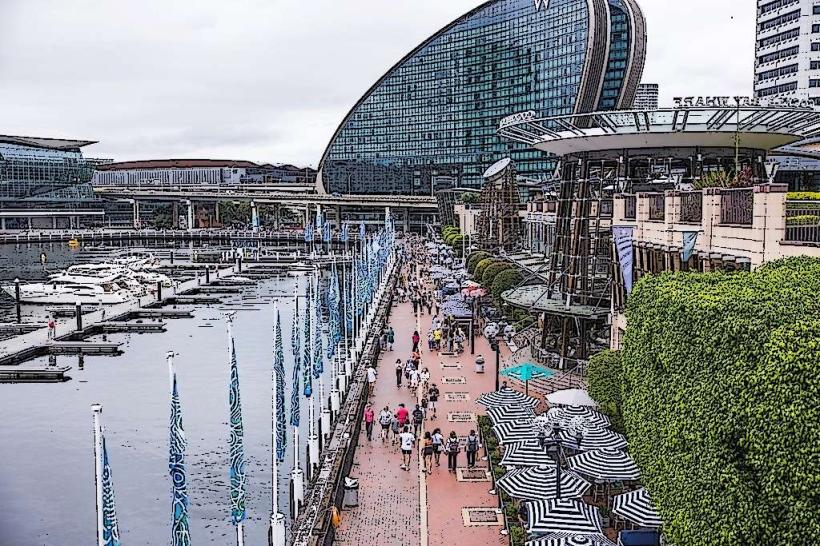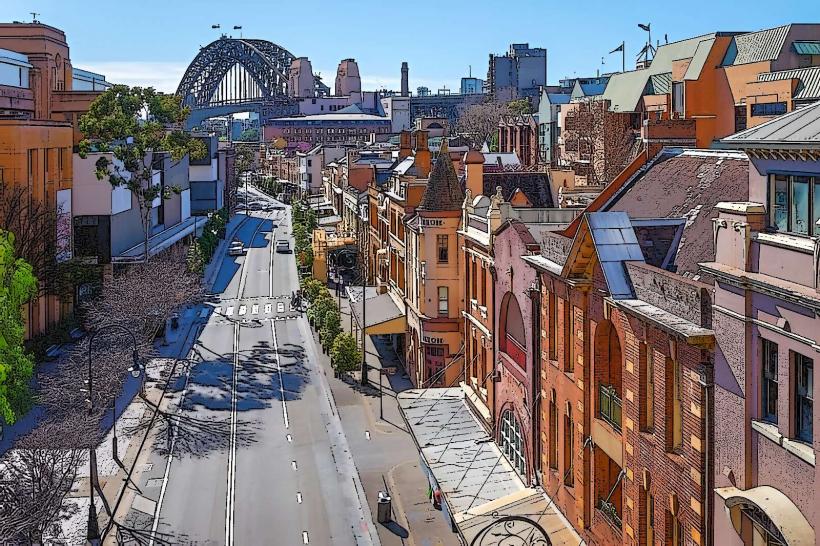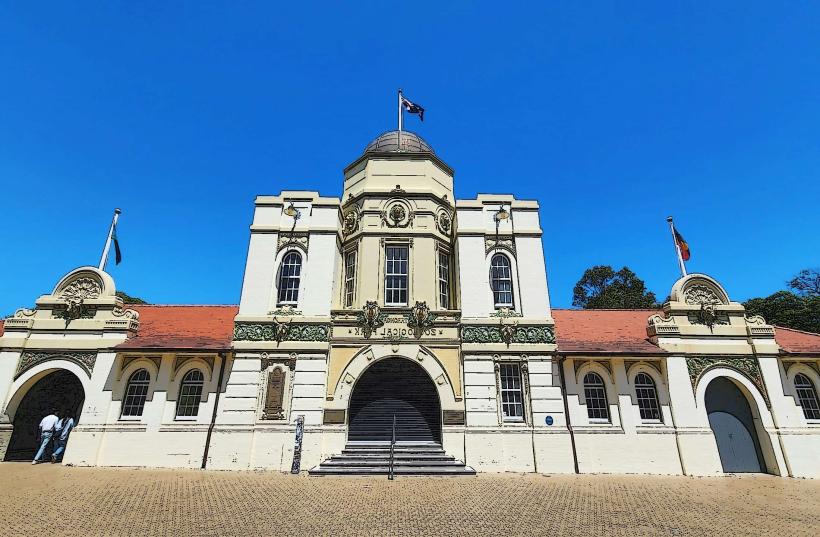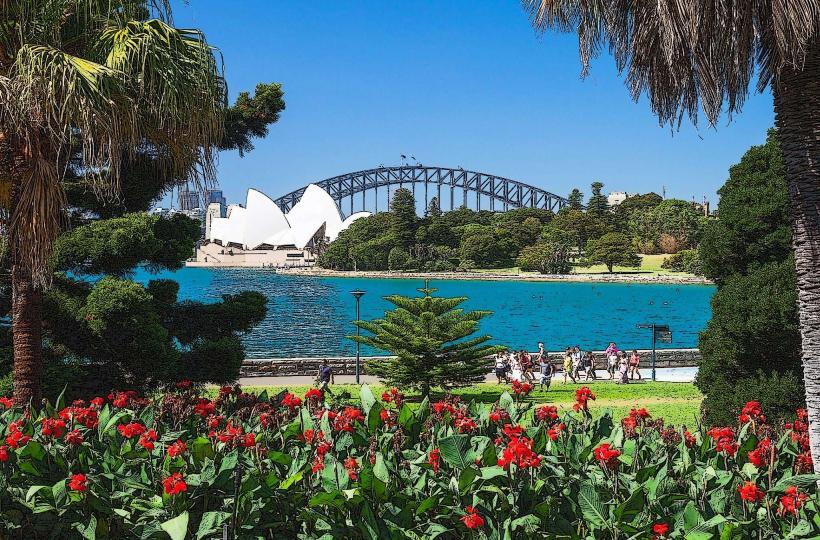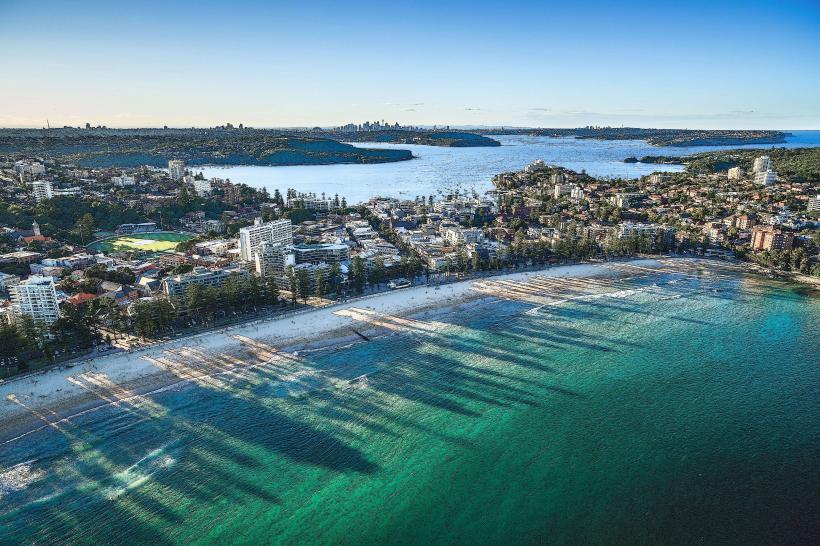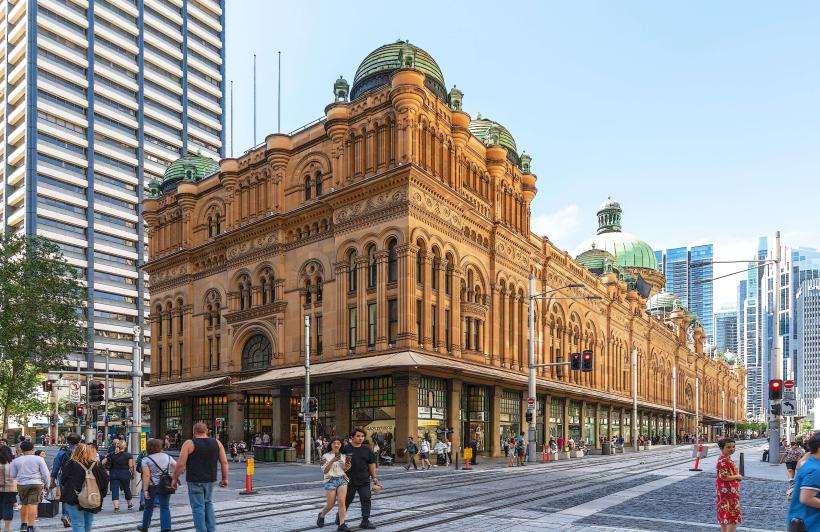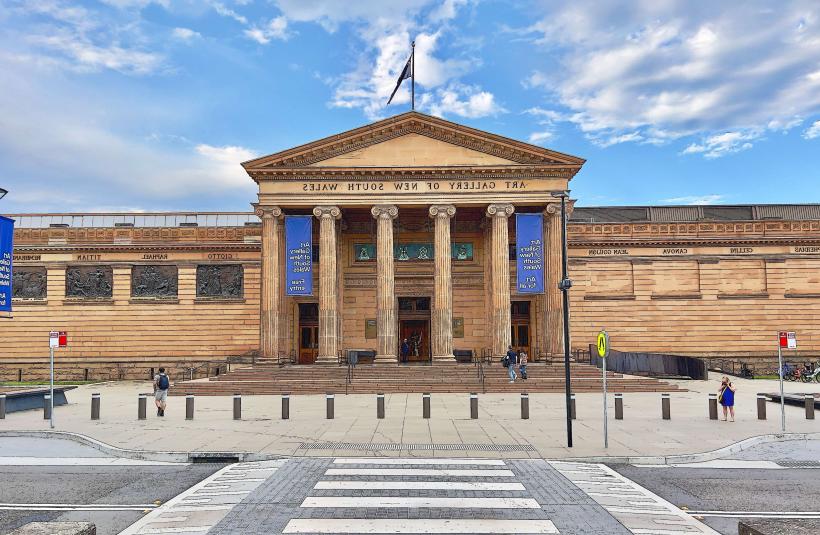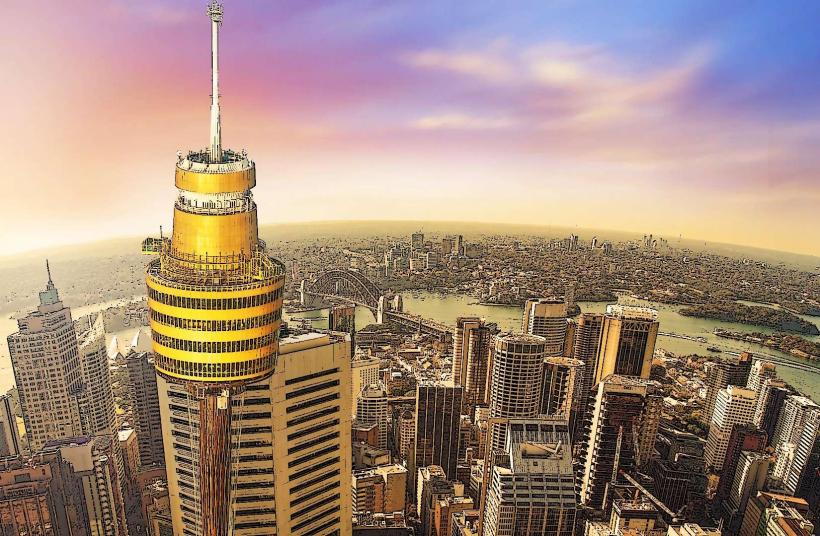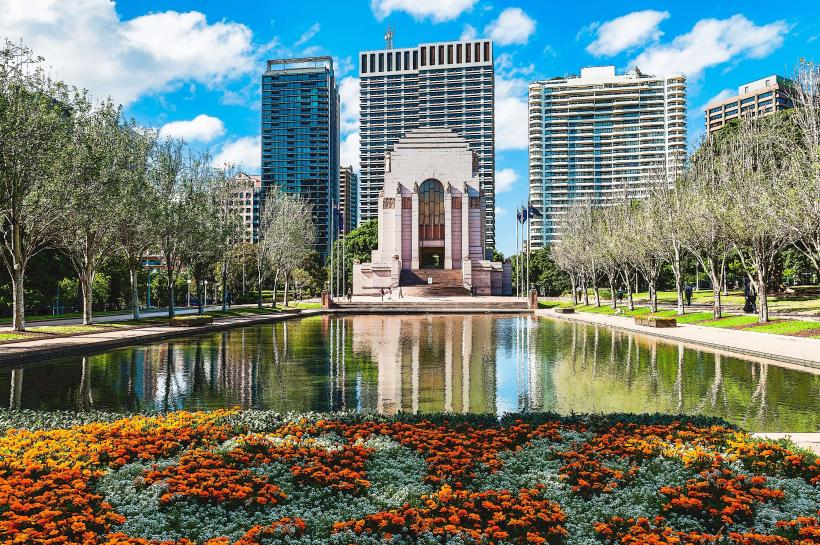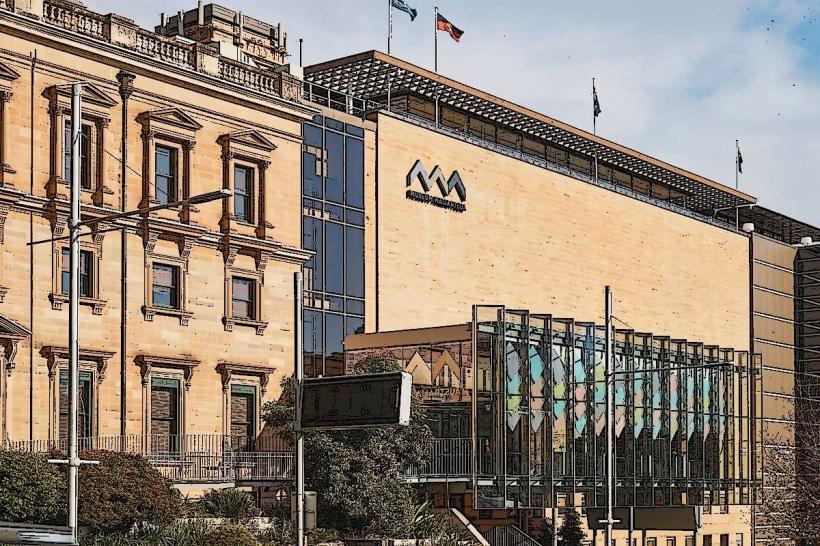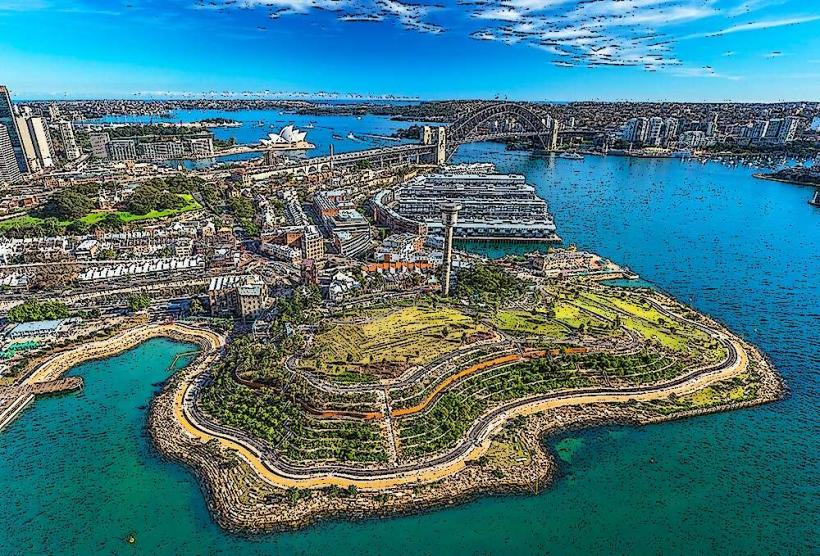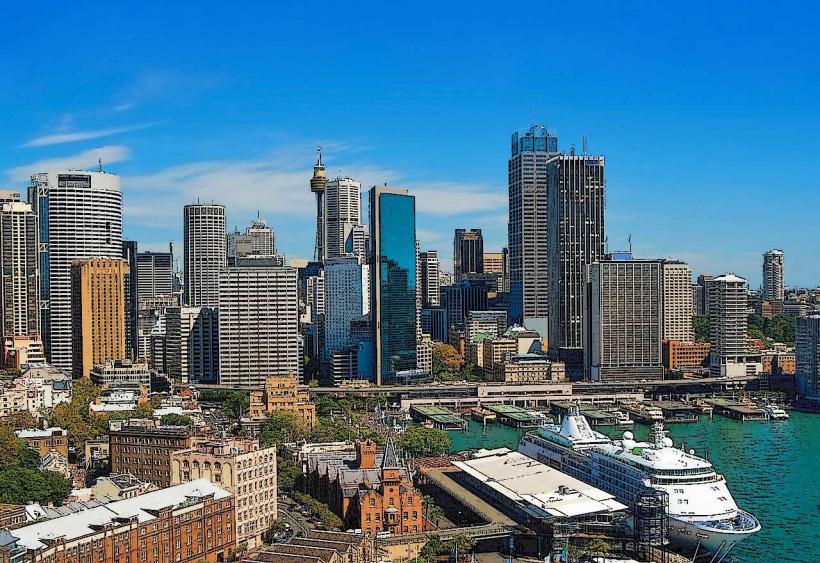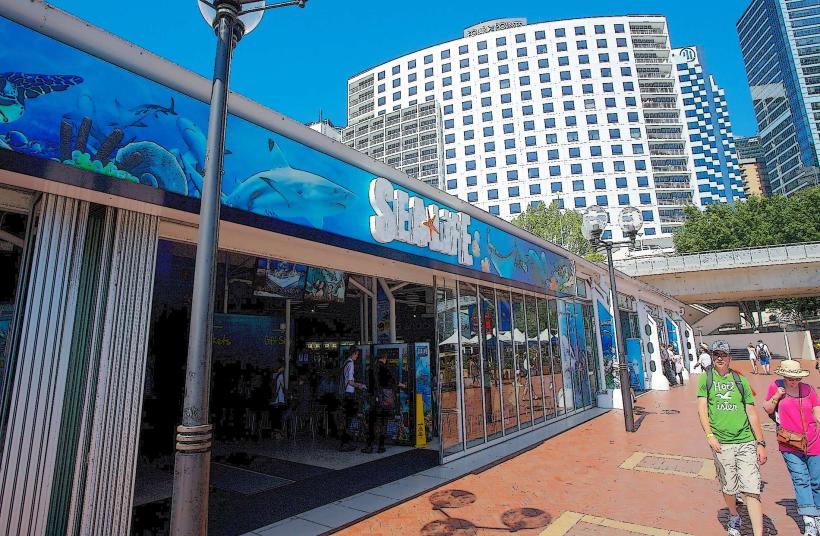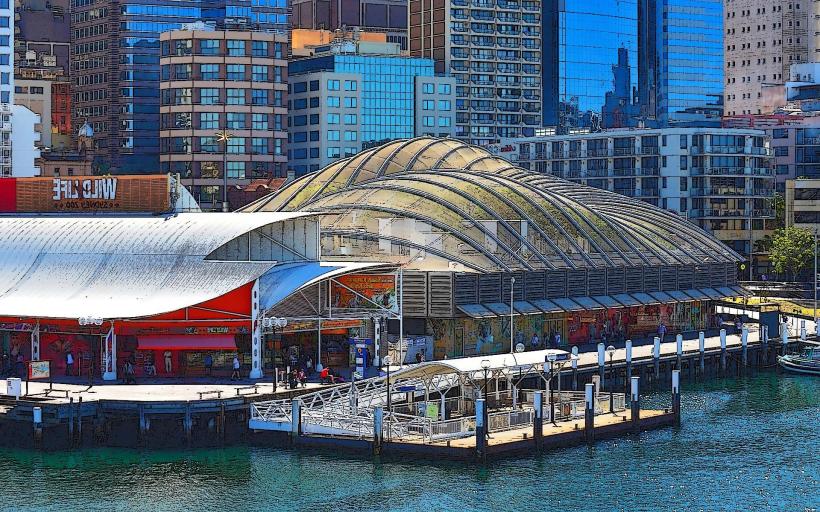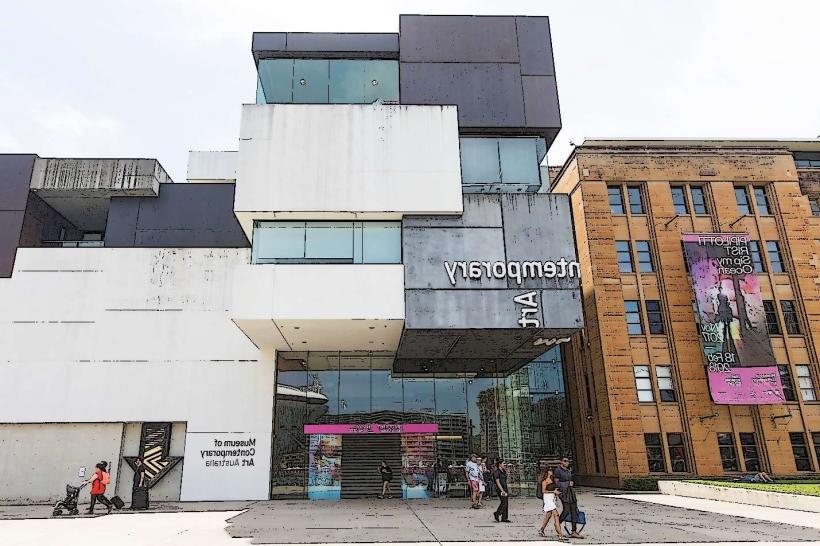Information
Landmark: St Mary's CathedralCity: Sydney
Country: Australia
Continent: Australia
St Mary's Cathedral, Sydney, Australia, Australia
St Mary's Cathedral is a Roman Catholic cathedral located in Sydney, Australia. It serves as the seat of the Archbishop of Sydney.
Visual Characteristics
The cathedral is constructed primarily from sandstone. Its Gothic Revival architectural style is characterized by twin spires, a large rose window, and intricate stonework. The main body of the cathedral reaches a height of approximately 75 meters.
Location & Access Logistics
St Mary's Cathedral is situated at the intersection of College Street and St Mary's Road in the Sydney Central Business District. It is approximately 1.5 kilometers east of Circular Quay. Public transport is readily available, with Town Hall Station (trains) located 500 meters to the west and numerous bus routes servicing College Street. Limited metered parking is available on surrounding streets, and paid parking stations are located nearby.
Historical & Ecological Origin
The current St Mary's Cathedral was constructed between 1865 and 1928, with significant additions and renovations continuing into the 21st century. It replaced earlier structures on the site, the first of which was built in 1821. The architect for the main Gothic Revival design was William Wardell.
Key Highlights & Activities
Visitors can explore the cathedral's interior, including the nave, sanctuary, and chapels. Organ recitals are held regularly. Photography is permitted within the cathedral, with specific restrictions during services.
Infrastructure & Amenities
Restrooms are available within the cathedral complex. Limited seating is provided inside. Cell phone signal (4G/5G) is generally good within the vicinity. Food and beverage options are available in the surrounding CBD.
Best Time to Visit
The cathedral is open daily from 6:30 AM to 6:30 PM. For optimal interior lighting for photography, midday visits are recommended. The exterior is best photographed in the morning or late afternoon when sunlight illuminates the sandstone.
Facts & Legends
A notable historical detail is that the cathedral's construction spanned over 60 years, with periods of interruption due to funding and design changes. The original plans were significantly altered during its extended construction.
Nearby Landmarks
- Hyde Park (0.2km West)
- Australian Museum (0.4km East)
- Queen Victoria Building (0.7km Southwest)
- Sydney Tower Eye (0.8km West)
- Art Gallery of New South Wales (1.0km Northeast)

